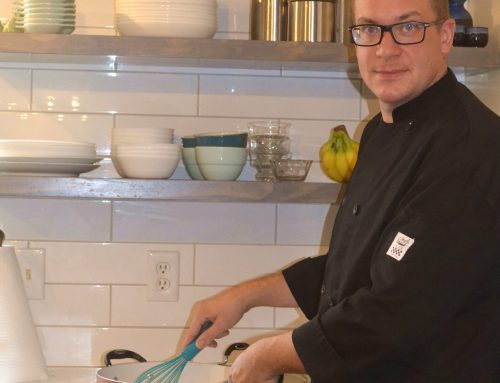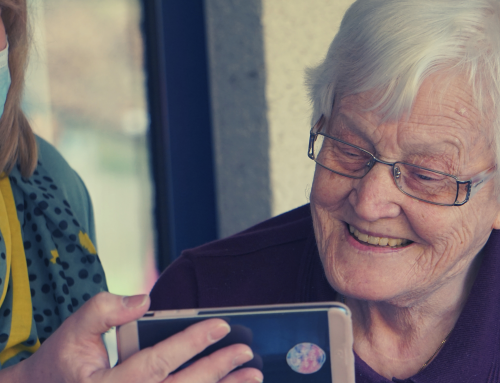If you are caring for a loved one with Dementia, you’ve probably heard this advice more than one time:
“Make sure you are taking care of yourself too!”
This concept is good in theory but sometimes more difficult in reality!
Most Caregivers looking after Mom, Dad or a spouse with Memory Care needs understand that it can often mean endless hours of care each day that greatly limit moments for self-care, productive sleep, exercise, social interaction, or a vacation away from the day to day obligations of life.
Working with families everyday whose loved ones have care needs that fall under the umbrella of dementia or Alzheimer’s, it’s easy to see that there are usually two people who need care intervention – the loved one with dementia and the family member providing relentless day to day care.
There are three things caregivers MUST do to care for themselves in this situation and prevent dementia caregiver burnout.
1. Get help – Don’t go at it alone
Hire an in-home health care aid OR see if your loved one qualifies for free respite care. (If they are a veteran, this is often the case.) If neither of these is an option due to financial limitations, see if a family member or friend will provide care once or twice a week for a couple of hours. Dementia care requires a great amount of time and energy. Having a scheduled time each week, when you can step out for a rejuvenating lunch with a friend, a long walk, or a relaxing shopping trip can give you a time to look forward to, to ease your anxiety when you feel overwhelmed
2. Make sure that sleep is a priority
I repeat: MAKE SURE THAT SLEEP IS A PRIORITY! If your loved one is causing you to miss sleep at night, this will eventually catch up with you in the form of poor physical and emotional health, and it usually doesn’t take long. Those with Dementia or Alzheimer’s often struggle with regular sleep habits. Especially if your loved one has Sundowners and is needing a good amount of supervision and care at night, you should consider in home health care during night time hours. Sleep might be your most important tool in caring for your loved one and yourself.
3. Join a support group
Ask nearly anyone in the senior care industry, and they will be able to recommend several options nearby. Don’t underestimate the therapeutic nature of seeking comfort in a group of others who will understand exactly what those who care for loved ones with dementia go through each day. It’s easy for caregivers to say that they cannot find an hour for this type of luxury, but the truth is, that hour could make a significant difference that is worth the extra effort of seeking out a group and attending regularly.
All three of these things play a vital role in caring for yourself as you care for someone with Dementia. Someday, you may reach a tipping point. At that time, Assisted Living with a focus on Memory Care may be your best option.





